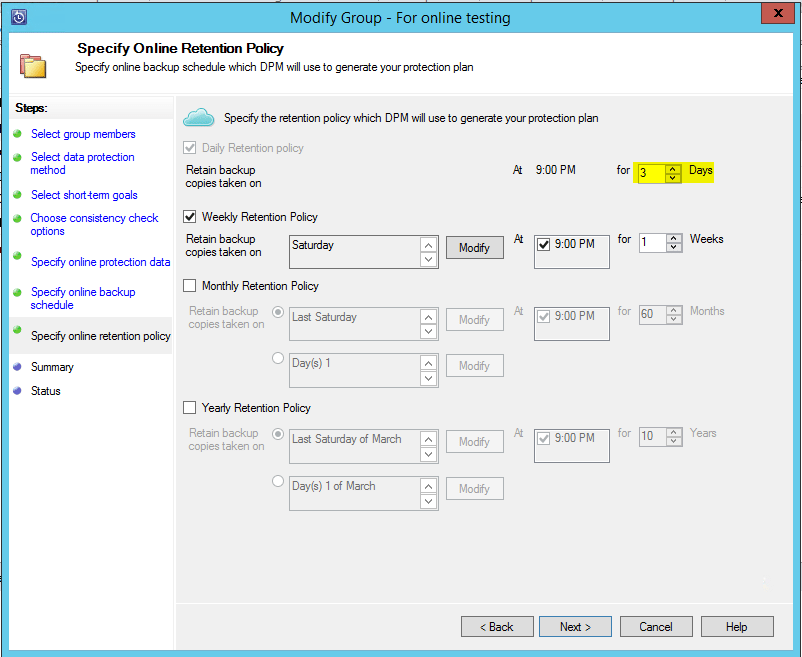A managed service provider (MSP) is an organization that manages a company’s IT infrastructure and user systems from a remote location. An MSP is a network administrator, security consultant and disaster recovery expert rolled into one.
These professionals handle information services, business-to-business integration, supply chain management, and all the tasks clients don’t want to carry out themselves.
MSP Providers Explained
MSPs streamline a range of business services for clients in various industries, from healthcare to retail. These services include payroll management, human resources, systems operations, compliance and network monitoring. In a recent study, 77 percent of MSPs provided backup and disaster recovery — the most popular service offered by these professionals. Seventy-six percent specialized in remote monitoring and management, and 57 percent provided managed network security. Other popular MSP services include mobile device management, payment processing, and hosted and cloud video surveillance.
MSPs serve an important function. They execute functions that organizations don’t have the time — or the resources — to complete themselves. Fifty-six percent of companies with 100 or more employees who used managed IT services said they chose an MSP to improve the efficiency and reliability of their IT operations. Moreover, 38 percent of companies said enhanced security and compliance was a motivating factor for choosing an MSP. As more organizations worry about IT security — 60 percent of small brands go out of business within six months of a cyber attack, according to one study — it makes sense to choose an MSP that has experience and knowledge in this field.
How an IT Managed Services Provider Works
Most MSPs operate on a subscription-based model. Clients pay monthly or annual fees for services, and costs vary depending on the MSP. One study suggests that MSPs in the United States charge clients $65 per desktop, on average, for IT support and maintenance. After agreeing on costs, the MSP and the client will come up with a service-level agreement (SLA) — a contract that defines the roles and the responsibilities of each party. The SLA will stipulate factors like performance benchmarks, availability, and uptime.
There are lots of customization options, too. Typically, clients just pay for the services they require — procurement or employee management, for example — instead of expensive packages that include services they don’t need. Communication between the MSP and the client is critical, however. “To fully take advantage of the available managed services options, an IT department must become adept at managing relationships, not only with external providers but also with internal users, who are increasingly being seen as customers,” says Danny Bradbury from CenturyLink, writing for Forbes magazine.
The Benefits of an MSP Managed Service Provider
MSP IT providers optimize various business processes. Clients relinquish control of their operations, but MSPs take care of all the time-consuming and repetitive tasks. This provides clients with more time to focus on other business-related duties. Outsourcing IT services to a third party suits organizations that have a small team of staff or want to drive business growth. They can reduce labor costs by delegating IT services to an MSP, for example.
MSPs save clients money, too. These professionals search for ways to cut spending and improve cost management. Forty-six percent of managed IT service users have reduced IT costs by 25 percent or more; 50 percent have reduced IT costs by between one and 24 percent.
Network security is one of the most popular managed services. MSPs upgrade IT services, manage IT infrastructure and ensure systems aren’t compromised by malicious parties. They often have specialist IT skills, providing the client with peace of mind.
Also, MSPs are familiar with federal and state legislation and PCI compliance standards. This reduces the likelihood of clients receiving hefty fines for non-compliance.
What are Cloud Managed Service Providers?
Cloud managed service providers are a type of MSP that deliver managed IT services via the cloud. These companies centralize network services and applications from a single data center, allowing users to access data quickly. Other benefits include data recovery: Cloud managed service providers store data in the cloud, so users have access to files after a natural disaster or another emergency. More than half of all MSPs now offer cloud managed services to clients.
Businesses are under pressure to provide customers with high-quality IT services. Thirty-six percent of brands want to deliver IT services faster, and 16 percent hope to increase the quality of IT services. Managed IT service providers offer a solution. Clients can deploy services these professionals to better manage their everyday business operations.
Managed Solution offers support services to organizations with dedicated IT consulting and managed services – helping improve productivity, setting predictable controlled costs and reducing the impact of infrastructure challenges on daily operations.
Optimize your existing resources and put more focus on Strategic IT projects while we provide quality support through our award-winning US-based Help Desk located in Southern California
Our Managed Services Portfolio includes offerings that cover a wide range of technology’s – choose from one of our packaged offerings or pick and choose the specific services and applications that fit your business needs. The first step will be a Network Assessment with one of our infrastructure experts that will provide you a network inventory analysis, identify any and all network issues and correlate data collected to provide you extensive insight into your network and its performance
Continued Reading

August 9, 2017
Azure Recovery Services Vault Management – performing a vault swap
Azure Recovery Services Vault Management – performing a vault swap […]
LEARN MORE
August 10, 2017
Meet the Tech Exec: Alex Bates, Senior Director of Software Development, Aspen Technology
[vc_row gmbt_prlx_parallax="up" font_color="#ffffff" css=".vc_custom_1501859784808{padding-top: 170px !important;padding-right: 0px !important;padding-bottom: 190px !important;padding-left: […]
LEARN MORE


